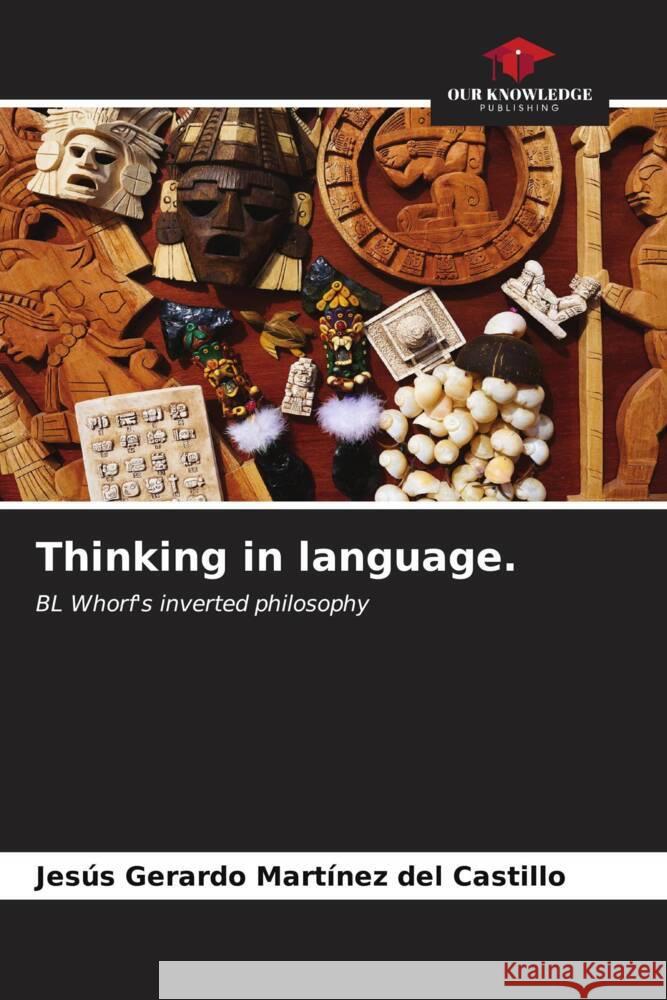Thinking in language. » książka
Thinking in language.
ISBN-13: 9786207108350 / Angielski / Miękka / 232 str.
In 2001 I made a first interpretation of Whorf's theory in the book Benjamin Lee Whorf y el proceso de intelección, Universidad de Almería. The book that I now present wants to go back to what I studied in 2001 and wants to enrich this study on Whorf by relating Whorf's theory to philosophy and to the linguistics of the twentieth century, the linguistics of linguistic competence. In Whorf's work, which is composed of eighteen studies published in different journals, we can establish a before and an after in 1941: before 1941 Whorf was an anthropologist who studied exotic languages, and since 1941 Whorf presents himself as a philosopher of language. Whorf's discovery of philosophy was gradual. Whorf's philosophy came indirectly from the hand of the theosophist doctrine, a doctrine that came to put into practice Kant's transcendental philosophy: a priori knowledge, a method of study of knowledge that has its justification in its own concept, is prior to experience because it is only the fruit of reason. A priori knowledge is opposed to a posteriori knowledge, knowledge that comes after experience.











